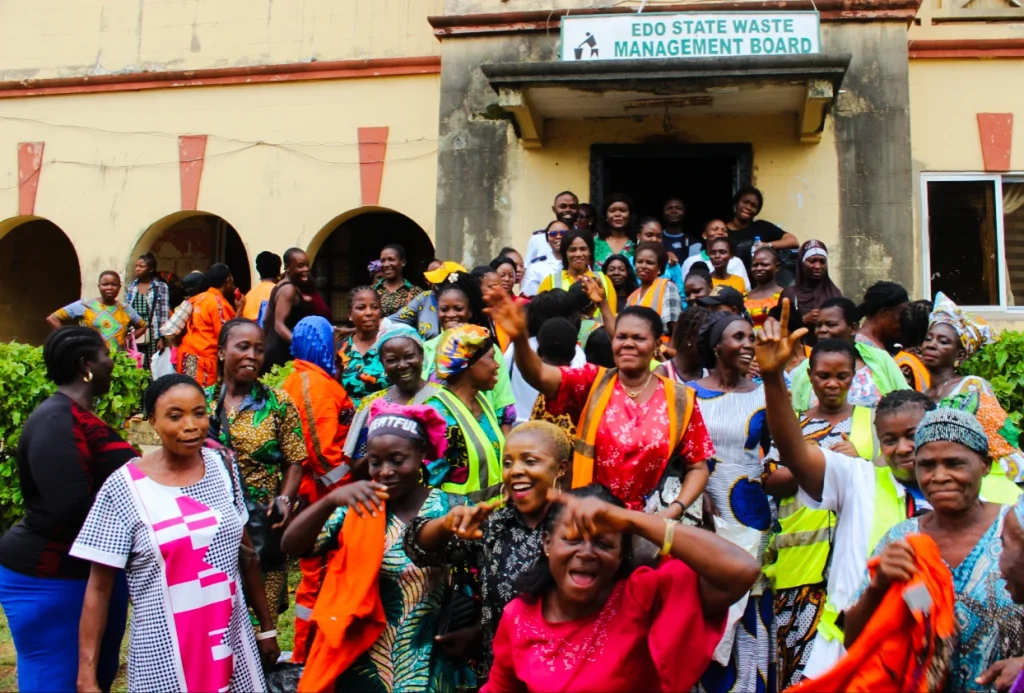Gele-Gele, a rural community located in the Ovia North East Local Government Area of Edo State, has made a fervent appeal for immediate government action to tackle an alarming shortage of teachers in its two public schools. The community, known for its rich resources as an oil-producing area, is grappling with a crisis that has left educational standards suffering significantly.
During a press conference held on Friday, Chief Macaulay Amaokosuwei-Gboluwei, the community’s spokesperson, lamented the lack of sufficient teaching staff and highlighted the lengths to which residents have gone to address this issue.
“This situation is abnormal. Despite being an oil-producing community, we lack the most basic amenities required to function as one,” he stated, underscoring the disparity between the community’s resources and its critical needs.
Amaokosuwei-Gboluwei criticized the previous administration for its inaction, particularly pointing to the neglect of infrastructure, including the dilapidated road that leads to Gele-Gele, which remained unattended during the tenure of former Governor Godwin Obaseki.
He noted that the staffing crisis is dire; in their senior secondary school, there are only a principal and vice principal, while the junior secondary school has a comparable lack of personnel, and the primary school faces similar challenges.
“Parents, who can afford it, have sent their children to Benin for better education. The rest contribute money to hire teachers for government schools,” he shared, emphasizing the desperation felt by families in the community.
In addition to the teacher shortage, the community’s schools are experiencing severe infrastructural deficiencies, with many students forced to sit on bare floors in the absence of chairs and desks.
Chief Amaokosuwei-Gboluwei called upon Governor Monday Okpebholo to prioritize the recruitment of qualified teachers while addressing broader infrastructure needs, including the long-stalled Gele-Gele Road project.
Comrade Omaghomi Olu-Derimon, the community chairman, further highlighted the systemic neglect faced by Gele-Gele, despite its significant ecological contributions as a host to one of West Africa’s largest forest reserves.
“As Ijaw people in this community, we do not have a voice in the state legislature,” he stated, imploring the governor to recognize their marginalization and implement sustainable solutions to the challenges they face.
Despite the grim scenario, community leaders expressed optimism that the new administration could be the catalyst for positive change, ultimately improving both access to quality education and vital infrastructure for the residents of Gele-Gele.

